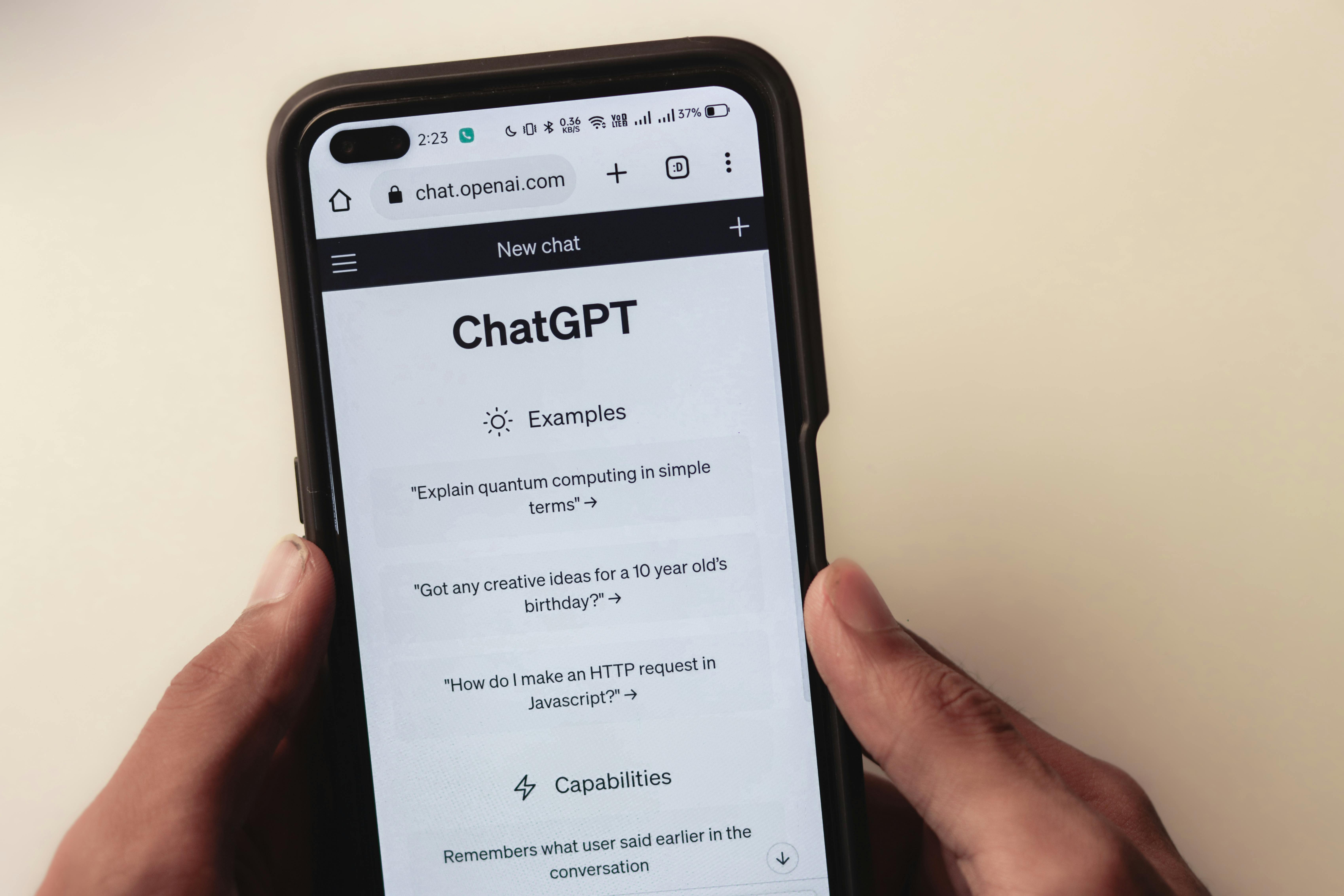Level Up Your Link Game: White Hat SEO Tactics Dominating 2025
Level Up Your Link Game: White Hat SEO Tactics Dominating 2025
Intro: Why Links Still Kick Ass (Ethically Speaking)
Alright, let's cut through the noise. Link building. It's been the backbone of SEO since, like, forever. But the game's changed, evolved, and gotten way smarter. Forget shady shortcuts and black hat BS that'll get you slapped by Google faster than you can say "penalty." We're diving deep into the world of white hat link building for 2025 – the legit, sustainable, and downright effective ways to earn those juicy backlinks that search engines and users actually respect.
In 2025, it's not just about *getting* links; it's about *earning* them. It's about building relationships, creating killer content, and providing genuine value. Think quality over quantity, relevance over randomness, and authority over obscurity. If you're ready to build a link profile that stands the test of time and actually drives results, you're in the right place. Let's get ethical and awesome.
White Hat vs. The Dark Side: Why Playing Nice Wins
Before we jump into the nitty-gritty tactics, let's quickly clarify why white hat is the *only* way to fly. Black hat techniques (think paid link schemes, keyword stuffing, hidden text, private blog networks or PBNs) might offer a quick bump, maybe. But it's like building your house on quicksand. Eventually, Google's algorithms catch up, penalties rain down, and all your hard work vanishes overnight. Poof.
White hat link building, on the other hand, focuses on humans first. It aligns with search engine guidelines by prioritizing user experience and genuine value. Techniques involve creating amazing content people *want* to link to, building real relationships, promoting your stuff authentically, and earning placements based on merit. It's slower, sure. It takes effort, absolutely. But the results are sustainable, build real authority, protect your brand reputation, and ultimately lead to long-term organic growth. It’s the marathon, not the sprint, and winners run marathons.
The 2025 Link Landscape: What's Google Cooking Up?
Search engines, especially Google, are constantly refining how they evaluate links. In 2025, expect the focus to intensify on signals that indicate genuine endorsement and user value. Algorithms are getting scarily good at understanding context, relevance, and intent.
Key factors gaining even more weight include:
Topical Relevance: Links from sites within your niche or a closely related topic carry significantly more weight than random, irrelevant links. Context matters more than ever. A link from a leading industry blog is worth exponentially more than a link from a generic directory.
Site Authority & Trustworthiness: Links from established, reputable websites (think high Domain Authority/Rating, strong editorial standards, real traffic) are gold. Google trusts sites that users trust.
Link Placement & Context: Where the link appears on the page matters. An editorial link embedded naturally within relevant content is far more valuable than a footer or sidebar link.
User Experience (UX) of Linking Page: Google considers the experience on the page linking *to* you. If that page is spammy, slow, or provides a poor user experience, the link value might be diminished.
Anchor Text (Natural Variation): While still relevant, overly optimized anchor text is a red flag. Expect a continued push towards natural, branded, and varied anchor text profiles.
AI's Role: AI is increasingly used to understand content quality, identify link schemes, and determine the true value and context of a link. Ethical, high-quality efforts are becoming easier for AI to reward, while manipulation becomes harder to hide.
Key Strategies: Your 2025 White Hat Link Building Playbook
Okay, theory time is over. Let's talk action. Forget silver bullets; success in 2025 comes from a diversified, consistent approach using proven white hat techniques. Here are the heavy hitters you need in your arsenal:
Epic Content Creation & Promotion: This is non-negotiable. Create genuinely valuable, unique, and engaging content that people naturally want to reference and share. Think comprehensive guides, original research/data studies, interactive tools, expert roundups, compelling case studies, or visually stunning infographics. Once created, don't just let it sit there! Promote it strategically via social media, email lists, and targeted outreach to relevant audiences and potential linkers. Your content needs to be 10x better than what's already ranking to truly earn links. Digital PR & Relationship-Based Outreach: Ditch the mass email blasts. Focus on building genuine relationships with journalists, bloggers, editors, and influencers in your space. Offer them unique insights, data, expert quotes, or early access to your killer content. Digital PR aims for high-authority media mentions and links by providing newsworthy stories and value to publishers. Personalization and demonstrating you understand *their* audience are crucial. Resource Link Building (The Right Way): Identify high-quality resource pages, listicles, or curated lists on authoritative websites in your niche (e.g., "Top 10 Tools for X," "Ultimate Guide to Y Resources"). If you have a genuinely valuable resource (a tool, guide, study) that would enhance their page, reach out politely and suggest its inclusion. Focus on pages that are actively maintained and relevant. Broken Link Building: This classic technique still works wonders. Use tools (like Ahrefs, SEMrush, Check My Links Chrome extension) to find broken external links on relevant websites. Reach out to the site owner/editor, inform them about the dead link (they'll appreciate it!), and suggest your relevant content piece as a replacement. It's helpful, targeted, and provides immediate value. Strategic Guest Blogging: Guest blogging isn't dead, but low-quality, spammy guest blogging is. Focus on contributing genuinely insightful, well-written articles to reputable websites in your niche. Aim for sites with real readership, strong editorial standards, and relevance to your expertise. The goal is exposure, authority building, and referral traffic first; the contextual link back to your site is a valuable bonus, not the sole objective. Reclaiming Unlinked Brand Mentions: People might be talking about your brand, products, or content online without actually linking to you. Use monitoring tools (Google Alerts, Mention, Brand24) to find these unlinked mentions. Reach out politely to the author or editor and request that they add a link back to your site. It's often an easy win since they're already familiar with your brand. Skyscraper Technique 2.0: Popularized by Brian Dean, this involves finding content with lots of backlinks, creating something significantly better and more comprehensive, and then reaching out to those linking to the original piece, asking them to link to your superior version. In 2025, the 'better' part needs to be substantial – updated data, better design, more depth, added multimedia, unique insights. Participate in Niche Communities (Carefully): Engage authentically in relevant online communities, forums (like Reddit subreddits), Q&A sites (like Quora), or specialized groups. Provide genuine help, share expertise, and build relationships. *Occasionally*, if highly relevant and non-spammy, you might be able to naturally include a link to a valuable resource on your site. Tread very carefully to avoid looking like a spammer. Focus on contribution first.
Content That Naturally Attracts Links: The Linkbait Equation
Let's double-click on content because it underpins most successful white hat strategies. What kind of content acts like a link magnet in 2025?
Original Research & Data: Publishing unique data, survey results, or industry studies makes your content a primary source. Journalists, bloggers, and researchers need data to back up their claims, making your site the go-to reference (and link destination).
Ultimate Guides & Pillar Pages: Comprehensive, in-depth resources covering a topic extensively become definitive guides. People link to these because they offer complete answers and save readers from having to visit multiple sources.
Free Tools & Calculators: Creating useful online tools, templates, or calculators relevant to your audience provides immense value. People will link to practical tools they find helpful.
Visually Appealing Infographics & Data Visualizations: Complex information presented in an easily digestible and shareable visual format is highly linkable. Ensure your branding is clear, and provide an embed code.
Expert Roundups & Interviews: Featuring insights from multiple experts on a specific topic leverages their audiences and authority. The experts themselves are likely to link back to the piece they were featured in.
The common thread? Value. Create something genuinely useful, interesting, or authoritative, and the links will follow, especially when combined with smart promotion.
Measuring What Matters: Beyond Just Counting Links
How do you know if your white hat efforts are actually working? Forget vanity metrics. Focus on KPIs that reflect real impact:
Quality & Relevance of Linking Domains: Are the links coming from authoritative, relevant sites in your niche? Use metrics like Domain Authority (Moz), Domain Rating (Ahrefs), or Trust Flow (Majestic) as indicators, but always manually assess site quality.
Referral Traffic: Are people actually clicking on the links and visiting your site? High-quality links from relevant pages should drive targeted traffic. Monitor this in Google Analytics.
Organic Traffic Growth: The ultimate goal. Are your overall organic search traffic and visibility increasing over time? Link building contributes significantly to this.
Keyword Ranking Improvements: Are the pages you're building links *to* improving their rankings for target keywords? Track your core keywords consistently.
Link Velocity: Are you acquiring links at a natural, steady pace? Sudden, unnatural spikes can look suspicious to search engines.
Focusing on these metrics gives you a clearer picture of your link building ROI and ensures you're building a profile that genuinely boosts your SEO performance.
Conclusion: Play the Long Game, Win Big in 2025
White hat link building in 2025 isn't about finding loopholes; it's about earning your place through merit. It requires creativity, persistence, and a genuine commitment to providing value both through your content and your outreach.
It's about building relationships, not just acquiring links. It’s about creating content so good that linking to it is a no-brainer. It’s about understanding that ethical SEO is not just the *right* way, it's the *smartest* way to build sustainable online success.
So, ditch the quick-fix mindset. Embrace the strategies we've outlined – create amazing content, build real connections, leverage digital PR, be genuinely helpful. It takes time and effort, but the rewards – high rankings, targeted traffic, enhanced brand authority, and long-term stability – are totally worth it. Now go build some awesome, ethical links!

